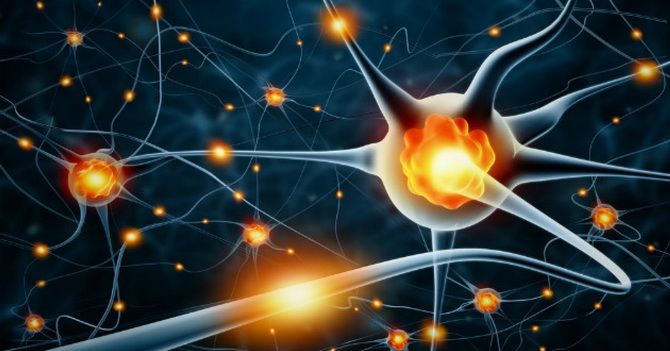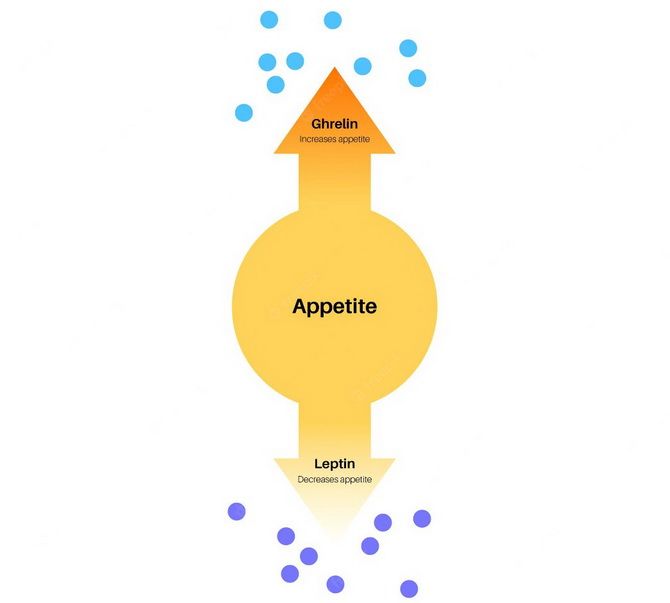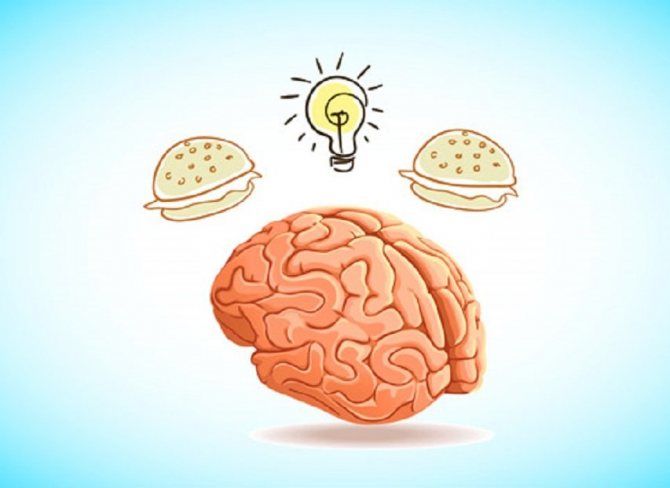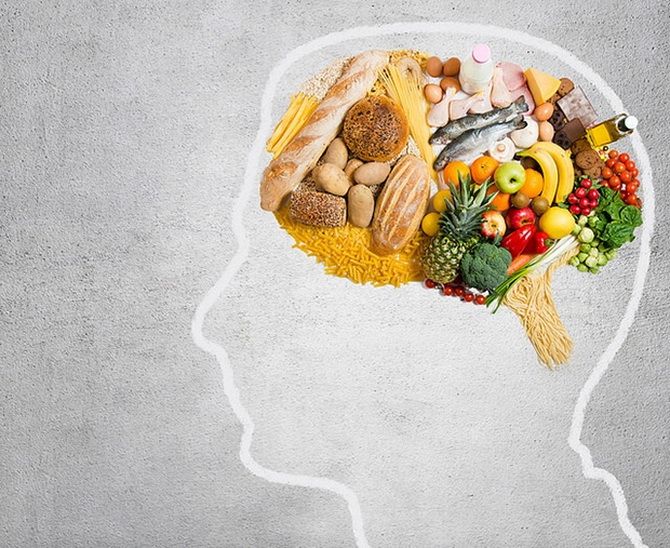Have you ever wondered why you suddenly feel hungry in the middle of the day? Or, conversely, you have no appetite at all when it’s time for dinner. This is because there are substances in your body that control your desire to eat. They are called hunger and satiety hormones, which are largely responsible for what we call “appetite”. Sometimes they can be our enemies when it comes to weight loss and fitness. Fortunately, there are ways to control their action. Read on Joy-pup which hormones affect our weight and how they can be controlled.
How hormones affect weight

For some, moderation in eating is a matter of course, and they will never understand people who have problems with overeating. Physical movement is important for the body, but we are becoming more and more lazy. After sedentary work in the office, when we return home, we usually have dinner and take a horizontal position. After a while, this lifestyle will annoy you and you will want to change it.
Diet, movement and hormones. These three main things affect how we look physically. Let’s take a closer look at what these hormones are and how they work.

Leptin – this hormone is an informant for the brain, we are full or not. But if we consume a large amount of fatty foods, chaos begins in the brain and the receptors stop responding to this hormone. This creates what is known as leptin resistance. Fat people tend to have this problem, but the more weight you lose, the more leptin sensitivity increases. You can control this with a balanced diet, fruits, vegetables and enough sleep.
Insulin is an extremely important hormone for the body that affects blood sugar levels, body regeneration after exercise, and fat accumulation. Insulin in the body rises with increased consumption of carbohydrates. If a person indulges in fats and carbohydrates, and the body does not have the opportunity to use them, he puts off extra calories. What follows from this – follow a balanced diet.

Adrenaline – everyone knows this for sure, and most importantly – everyone has experienced its surge in the body. Adrenaline is released in stressful situations, this is probably clear to everyone, but it is also released during physical exertion, which is very beneficial for the body. After all, adrenaline is involved in burning fat and even suppresses appetite.
Ghrelin is produced in an empty stomach and informs the brain about the feeling of hunger. Most often, the level of ghrelin reaches its peak right before a meal, and after a meal it remains low for about 3 hours. If you’re following a specific weight loss regimen but feel hungry, exercise. Ghrelin levels will drop and you won’t be stressed out waiting for your next energy boost in the form of food. This is the main reason why you should combine a healthy diet with exercise.

Glucagon is a hormone produced by the pancreas and is involved in the breakdown of fats and sugar. This hormone can be boosted by increasing your intake of healthy proteins and healthy fats.
Growth hormone – the older the person, the less it is released. It is involved in the breakdown of fats, can release them as an energy source without storage. You can influence the production of growth hormone with regular sleep and exercise.
Factors Affecting Hunger and Satiety Hormone Levels
If you’re struggling with extra pounds, chances are you’ll also be struggling with hormones as you lose weight. It is useful to know the reasons in order to learn how to regulate the hunger hormone. Thanks to some tricks, you can easily get rid of excess weight.

Simple carbohydrates and sugar
Eating too many simple carbohydrates and sugars like fructose can be harmful. It raises insulin levels in the body and can lead to insulin resistance. Eating fructose can increase ghrelin levels, which increase hunger.
Dream
Do not underestimate the impact of sleep – its lack increases the feeling of hunger. While you sleep, growth hormone is produced and the hormone leptin is released, which signals the body that we are full. Lack of sleep lowers leptin levels and increases ghrelin levels and makes you feel hungry throughout the day. Therefore, always try to sleep continuously at least 7 hours a night so that your body can properly rest.
Physical activity
It is important that your body moves a lot. If you lead a sedentary lifestyle, it is likely that you will become less sensitive to both leptin and insulin. Physical activity can improve your leptin sensitivity. At the same time, you gain muscle mass, which leads to a decrease in ghrelin levels.

Serving size
Try to eat smaller meals more often. Ghrelin usually rises at four-hour intervals. Try to eat small meals with light snacks in between to keep your ghrelin levels stable throughout the day. This will make it less likely that you will overeat while eating.
Stress
When we suffer from stress, the brain increases the need for glucose – our body craves sugar. This natural mechanism has worked in the past in exceptional and life-threatening situations. Stress can also increase ghrelin levels. This explains why most of us tend to overeat so often in stressful situations, which leads to weight loss failure. Use meditation, yoga, or aromatherapy as stress management techniques, rather than “eating” it.







Only registered users can leave comments